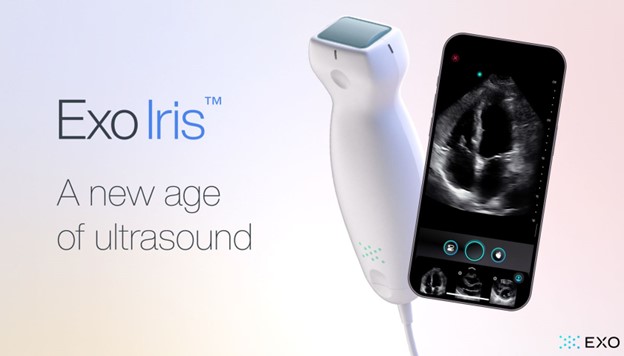
For a partnership between a startup and a hospital to function properly, various components must work in sync. For example, the startup must be willing to listen to the hospital’s problems and provide help that addresses the issues and for the hospital, it needs enthusiastic executive buy-in and a strong champion, according to MobiHealthNews.
In February, Ada Health formed a partnership with Sutter Health, a leading U.S.-based not-for-profit healthcare network to offer personalized, on-demand health guidance to help patients make informed decisions about next steps for care. As part of the collaboration, Ada’s AI-powered symptom assessment and care navigation platform was integrated into Sutter Health’s website and My Health Online patient portal, giving more than 3 million current Sutter patients, as well as new website visitors, a personalized care experience.
Read more How Mobile Monitoring Solutions are Improving Healthcare
While having a conversation with patients, Ada Health’s chatbot uses AI and asks them about symptoms. It then generates different questions based on their symptoms and eventually produces a list of possible causes with associated probabilities.
Working with Sutter Health, Ada built a version of its technology that users could access from Sutter’s website or patient portal that would ultimately send them to the appropriate place for care.

“What we’ve done is we’ve mapped our triage options to Sutter Health’s healthcare options, and we then geolocate a patient, show them the closest facilities, we map it for them, and then we allow them to go into MyChart and book that appointment,” Cutler told MobiHealthNews.
Since the start of deployment five months ago, the partnership has completed 20,000 assessments, averaging 100 per day. They did two-thirds of those between 6 p.m. and 9 a.m., and half of them ended up directing users to non-emergency care.
“We want to get the roadmap right, we want to get the integration with the industry tools right, and we want to prove the ROI,” Cutler said. “So, we’re literally defining the value of moving someone from a high-priced or potentially unnecessary venue of care like an emergency room to a lower-cost more relevant service, and once we define that value we’re going to define some metrics around it and make sure we move the relationship in that direction.”
Read more Embracing Artificial Intelligence and Machine Learning in Healthcare
Ada and Sutter are planning to continue their partnership and keep making improvements. A Spanish language version of the platform and integration with telemedicine are on the cards, reports MobiHealthNews.


